How to prevent truck tire inflation accidents?
Preventing truck tire inflation accidents requires additional precautions due to the larger size and higher pressure of truck tires. Here are some specific steps to take!
1. Follow manufacturer's guidelines: Refer to the truck's owner's manual or consult the manufacturer's recommendations for tire inflation pressure. Follow these guidelines carefully to ensure proper tire performance and safety.
2. Use a commercial-grade tire pressure gauge: Due to the higher pressures involved, it's important to use a reliable and accurate commercial-grade tire pressure gauge specifically designed for truck tires. These gauges can handle the higher pressures and provide accurate readings.
3. Perform regular inspections: Regularly inspect truck tires for signs of damage, such as cuts, bulges, or excessive wear. Inspect the tire sidewalls, treads, and valve stems. Address any issues promptly and replace damaged tires.
4. Check dual tires for balance: In trucks with dual tires, ensure that the tires are properly balanced. Imbalances can lead to uneven wear and affect the stability and performance of the truck.
5. Have a tire inflation plan: Develop a tire inflation plan that includes proper procedures for checking and inflating truck tires. This plan should specify the appropriate tire pressure, inflation intervals, and the use of safety equipment.
6. Use an air compressor with a pressure regulator: When inflating truck tires, use a high-quality air compressor equipped with a pressure regulator. The regulator allows you to control and maintain the desired pressure while preventing overinflation.
7. Inflate tires gradually: Inflate truck tires gradually, in small increments, while frequently checking the pressure with the gauge. This approach helps prevent overinflation and gives you better control over the process. Automatic tire inflators can help inflate tires progressively to the correct pressure.


8. Avoid excessive tire heating: Truck tires can heat up during long-distance driving or under heavy loads. It's important to avoid inflating hot tires, as the pressure will increase. Wait for the tires to cool down before checking or adding air.
9. Use tire safety cages: For large truck tires or tires with high-pressure ratings, consider using tire safety cages. These cages are designed to contain a potential tire explosion, providing an added layer of protection in case of a blowout during inflation.
10. Train and educate personnel: Ensure that all personnel involved in truck tire inflation are properly trained on the correct procedures, safety precautions, and the use of safety equipment. Regularly reinforce the importance of following these guidelines to prevent accidents.
11. Schedule regular maintenance: Implement a regular maintenance schedule for truck tires, including inspections, rotations, and replacements as necessary. Proper tire maintenance helps identify issues early and prevents potential accidents.
12. Monitor tire pressure during operation: Equip the truck with a tire pressure monitoring system (TPMS) if available. This system continuously monitors tire pressure and alerts the driver if there is a significant deviation from the recommended levels.
Remember, when dealing with truck tires, it's essential to prioritize safety and adhere to best practices. If you are uncertain about any aspect of tire maintenance or inflation, consult a qualified professional with expertise in truck tires and safety.









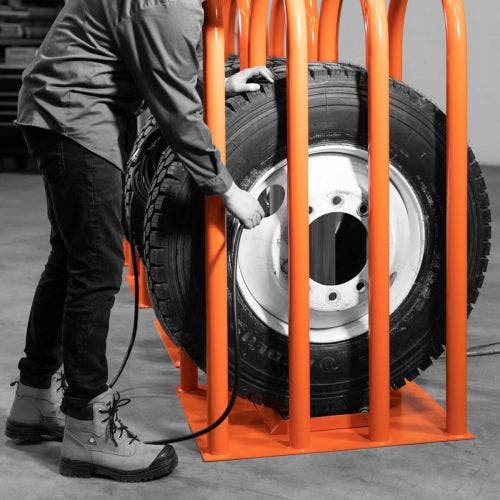
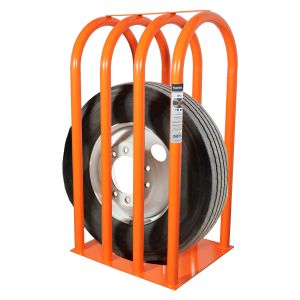
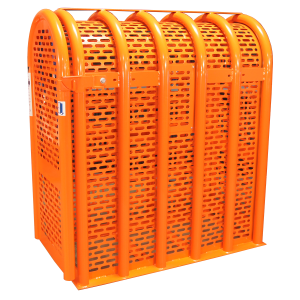
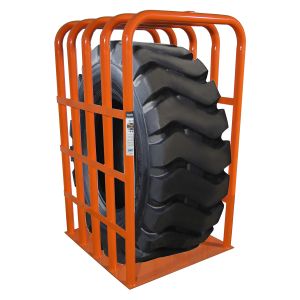
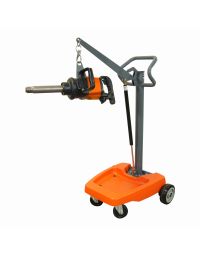 />
/>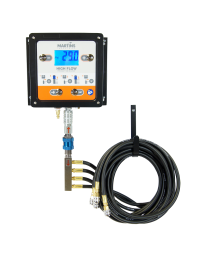 />
/>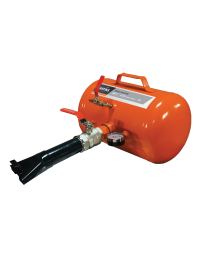 />
/> />
/>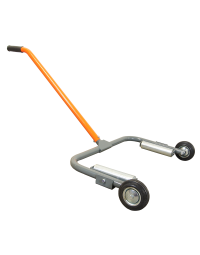 />
/>